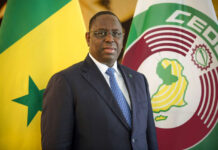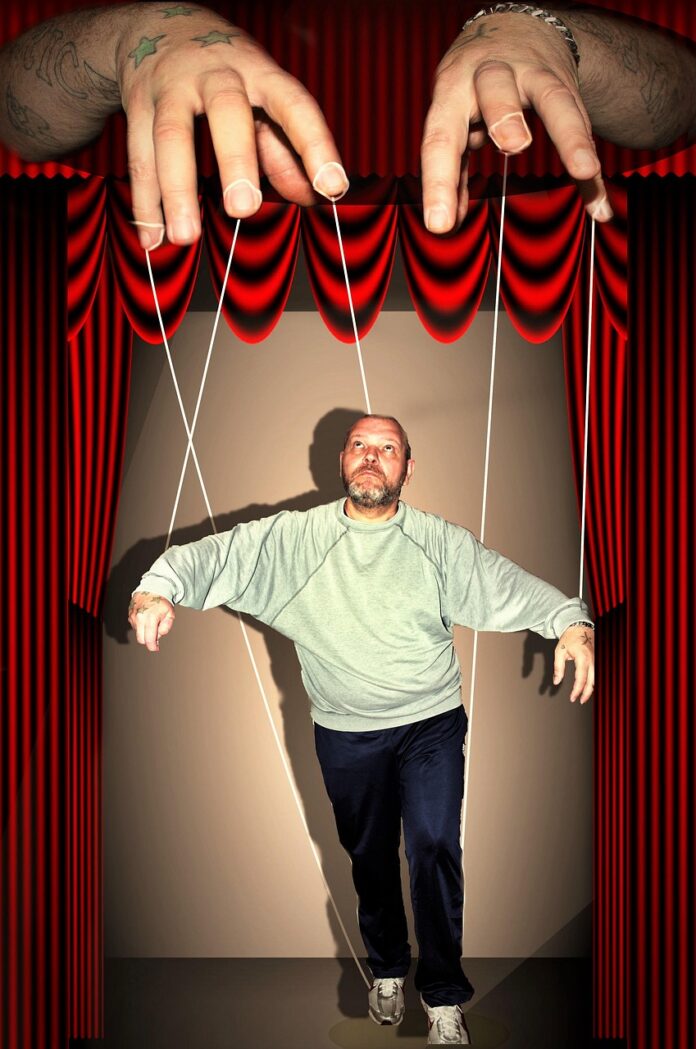In the grand tapestry of Africa’s modern history, the presidency is both a symbol of hope and a crucible of responsibility. The continent has seen leaders who have inspired generations, building nations from the ashes of colonialism and oppression. Yet, it has also witnessed the rise of presidents who, instead of serving their people, have become mere puppets—controlled by foreign interests, local oligarchs, or the inertia of the status quo. As Africa stands at the crossroads of a new era, it is time to send a clear message: If you plan to be a puppet, do not run for president.
The Weight of the Presidency
The African presidency is more than a title; it is a sacred trust. The president is the steward of national destiny, the face of the people’s aspirations, and the guardian of the nation’s sovereignty. When a president allows themselves to be manipulated—by foreign governments, multinational corporations, or corrupt power brokers—they betray not only their oath but also the dreams of millions.
History is replete with examples of leaders who, upon ascending to power, became marionettes. Their strings pulled by those who financed their campaigns or promised economic aid, they made decisions that benefited a select few while the masses languished in poverty and disillusionment. This pattern must end.
The Puppet Presidency: A Recipe for Failure
A puppet president is easy to spot. Their policies often lack coherence, swinging wildly in response to external pressures. They prioritize the interests of their benefactors over the needs of their citizens. They are quick to sign unfavorable deals, cede control over natural resources, or adopt policies that undermine national sovereignty.
The consequences are dire:
-
Loss of Sovereignty: When leaders dance to the tune of foreign powers, they compromise the nation’s ability to chart its own course. Decisions about infrastructure, education, and healthcare become dictated by outsiders.
-
Stunted Development: Puppet presidents rarely invest in long-term development. Instead, they focus on short-term gains that appease their handlers, leaving future generations to pay the price.
-
Erosion of Trust: Citizens quickly lose faith in leaders who are seen as puppets. This breeds cynicism, apathy, and, ultimately, instability.
Africa’s Unique Challenges and Opportunities
Africa is a continent of immense potential. With its youthful population, vast natural resources, and rich cultural heritage, it stands poised to become a global powerhouse. However, realizing this potential requires bold, independent leadership.
Too often, African leaders have been courted by powerful nations seeking to expand their influence. Whether it is through “aid” packages, military support, or investments in infrastructure, the strings attached to these offerings can be invisible but binding. The temptation to accept such support is understandable—many African countries face daunting challenges, from poverty and unemployment to insecurity and climate change. But true leadership lies in resisting the easy path and forging a vision that puts the nation’s interests first.
The Qualities of a True African President
If you are considering a run for the presidency, ask yourself: Are you prepared to be your own person? Will you have the courage to say “no” when necessary, even if it means facing pressure from powerful interests? The presidency is not for the faint of heart, nor for those seeking personal enrichment or international approval.
A true African president must embody the following qualities:
1. Independence of Mind
The ability to think critically and make decisions based on the nation’s best interests is paramount. This means consulting widely, listening to diverse voices, and resisting the urge to simply follow the crowd.
2. Courage
Standing up to powerful interests—whether foreign or domestic—requires immense bravery. It means risking unpopularity and even personal safety for the greater good.
3. Vision
A president must have a clear, compelling vision for the country’s future. This vision should be rooted in the realities of the nation but ambitious enough to inspire progress.
4. Integrity
Corruption is the enemy of progress. A president must lead by example, demonstrating honesty and transparency in all dealings.
5. Commitment to the People
Above all, a president must remember that their primary duty is to the citizens. Every decision should be guided by the question: “Will this benefit the people I serve?”
Lessons from Africa’s Past
Africa’s history offers both cautionary tales and sources of inspiration. Leaders like Kwame Nkrumah of Ghana and Julius Nyerere of Tanzania sought to build nations that were truly independent, both politically and economically. They faced immense challenges and made mistakes, but their commitment to sovereignty and self-reliance remains a beacon.
Conversely, the continent has also seen leaders who allowed themselves to be used as proxies for external interests. Their legacies are marked by instability, underdevelopment, and lost opportunities.
The Role of the Electorate
While much responsibility rests on the shoulders of those who seek the presidency, the electorate also plays a crucial role. Citizens must demand more from their leaders. They must ask tough questions, scrutinize candidates’ backgrounds, and reject those who show signs of being beholden to outside interests.
Civil society organizations, the media, and grassroots movements must work tirelessly to educate voters and hold leaders accountable. Democracy is not a spectator sport; it requires active participation from all.
The Temptation of Foreign Aid and Investment
It is naïve to suggest that African nations can or should isolate themselves from the global community. Foreign aid and investment can play a positive role in development. However, the terms of engagement must be fair and transparent. Leaders must negotiate from a position of strength, ensuring that deals benefit the nation as a whole, not just a privileged few.
This requires building strong institutions, investing in education, and fostering a culture of innovation and entrepreneurship. It also means diversifying the economy and reducing dependence on a single sector or trading partner.
Building a New Generation of Leaders
Africa’s future depends on a new generation of leaders who are unafraid to break the mold. These leaders must be grounded in the realities of their countries but open to new ideas. They must be willing to challenge the status quo and reject the notion that progress can only come from outside.
Leadership training, mentorship programs, and investments in youth empowerment are essential. The continent’s young people must be encouraged to see themselves as agents of change, not passive recipients of aid or instruction.
Conclusion: The Call to True Leadership
The presidency is not a prize to be won, but a responsibility to be shouldered. It demands sacrifice, integrity, and an unwavering commitment to the people. If you seek the highest office in your country, do so with the intention of serving, not being served. Do so with the courage to stand alone if necessary, to chart a course that is uniquely your own.
If you plan to be a puppet, do not run for president. Africa deserves leaders who are bold, independent, and visionary. The continent’s future depends on it.
Let this be a rallying cry for all who aspire to lead: Be your own person. Serve your people. Write your own story. The destiny of Africa is too important to be left in the hands of puppets. The time for true leadership is now.












